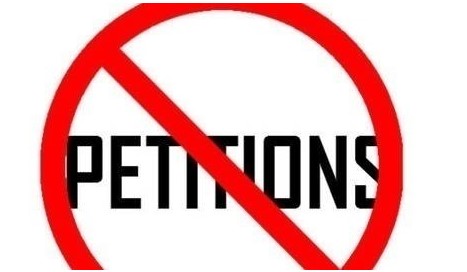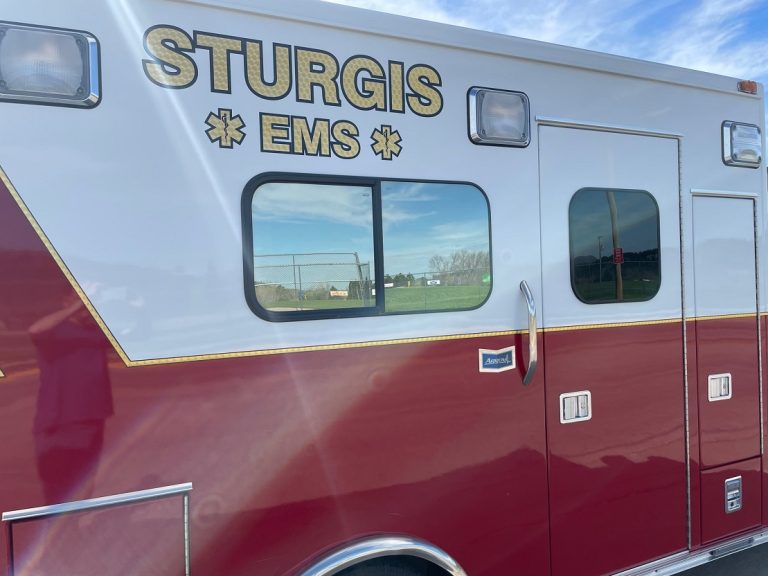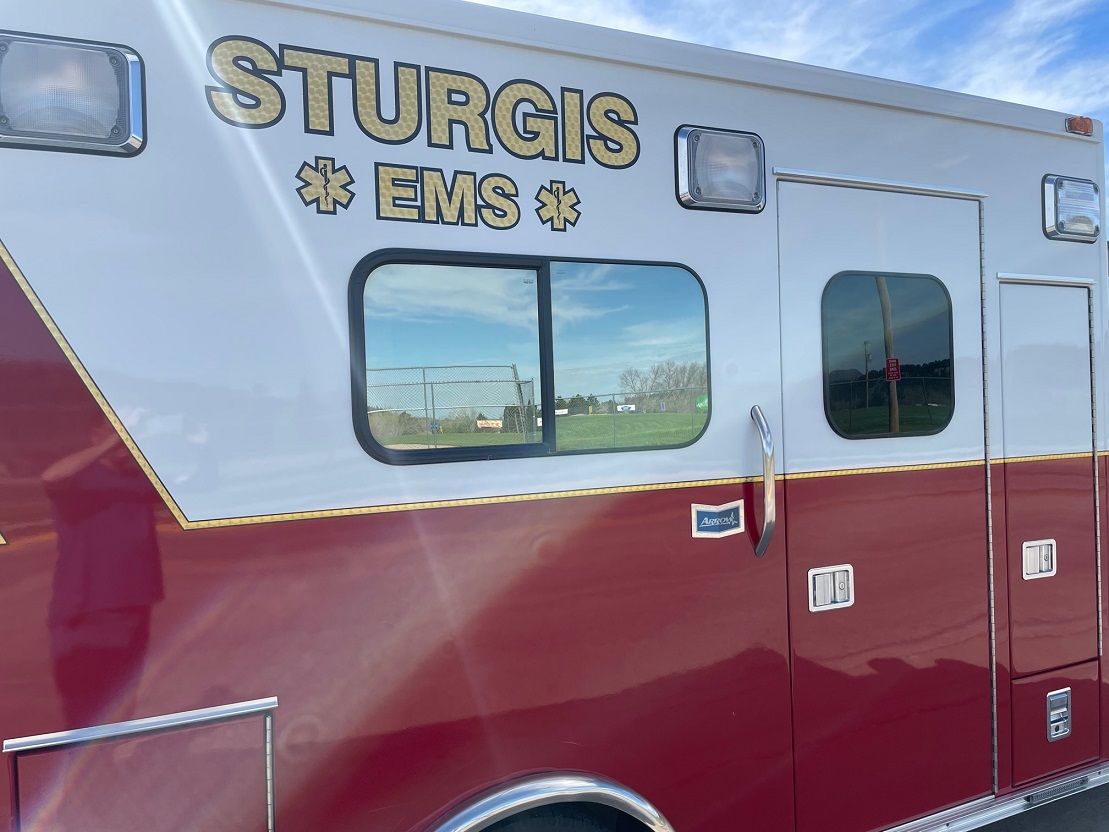SIOUX FALLS, S.D. – The group sponsoring a constitutional amendment will likely file a lawsuit if legislators pass a bill allowing petitioners to withdraw signatures that have already been certified for the ballot. The bill, which has an emergency clause allowing it to take effect immediately, passed the House State Affairs Committee on Feb. 14 by a vote of 11-1.
At issue is House Bill 1244, which would change South Dakota’s ballot initiative process by allowing an individual who signed a petition to withdraw their signature by sending a written notification to the Secretary of State’s office. This could occur after the petition effort has been validated but is still eligible to be challenged through the Secretary of State or court appeal.
If successful, the legislation would make South Dakota one of five states – along with California, Idaho, Utah and Washington – with a codified process for revocation of petition signatures. No other states allow a citizen to withdraw their signature after a ballot amendment has cleared the certification process.
“I can’t speculate about whether the bill will pass or not,” said Rapid City lawyer Jim Leach, who represents Dakotans for Health, a grassroots organization that pushes for progressive policy through petition efforts. “I can say that if it does pass, there’s certainly a substantial possibility of legal action.”
The bill’s sponsor is Rep. Jon Hansen, R-Dell Rapids, one of the state’s leading anti-abortion advocates as co-chair of the Life Defense Fund, founded specifically to oppose the proposed amendment through its “Decline to Sign” campaign. Hansen is also vice president of South Dakota Right to Life.

Hansen has sparred regularly with Dakotans for Health executive director Rick Weiland in a high-stakes battle between strongly held pro-life positions in conservative South Dakota and long-established state protections for residents to initiate laws through the petition process.
In a 2022 poll of registered voters co-sponsored by South Dakota News Watch, nearly two-thirds (65%) of respondents said they support having a statewide referendum to determine the state’s laws regarding reproductive rights.
The proposed 2024 ballot amendment would adopt abortion rights in the South Dakota Constitution by following the trimester framework of Roe v. Wade, the landmark 1973 ruling in which the Supreme Court held that the Constitution protected a woman’s right to an abortion prior to the viability of the fetus.
South Dakota is currently under a 2005 state trigger law activated when the Supreme Court overturned Roe and left it up to states to determine reproductive rights with its 2022 ruling in Dobbs v. Jackson Women’s Health Organization.
South Dakota’s law makes it a Class 6 felony for anyone “who administers to any pregnant female or prescribes or procures for any pregnant female” a means for an abortion, except to save the life of the mother. South Dakota is one of 14 states whose abortion law does not include exceptions for rape and incest.
At the committee hearing for HB 1244, Hansen played videos purporting to show proof of unattended Dakotans for Health petitions, which would violate state law, and of circulators providing misleading information to the public.
He noted that Attorney General Marty Jackley sent a letter to Dakotans for Health on Oct. 31, 2023 that mentioned “video and photographic evidence” of such encounters and warned of potentially illegal actions taken by petition circulators.
Jackley said that his letter was based on “complaints and concerns raised during the petition process” and that violations, if proven, could play a role in the Secretary of State’s petition certification process. South Dakota Right to Life was copied on the letter.

- Petition Gathering Group Reaches Settlement With Minnehaha County
- Dakotans For Health Sues Lawrence County For Violating Rights
- Federal Court Rules SD Ballot Measure Brought By Republican Legislature Curbs Free Speech
- SD Lawmakers Attempt To Undermine Voter-Approved Medicaid Expansion
“If you obtain petition signatures through fraud or misleading information, that’s not democracy,” Hansen said during hearing testimony. “We want to ensure that people have (signed) voluntarily and on good information.”
Weiland said his group trains petition circulators to follow state law, including handing out slips of paper with the attorney general’s title and explanation of the proposed amendment. He said the larger issue is the harassment his volunteers have experienced at the hands of Life Defense Fund demonstrators.
Leach, when asked about Hansen’s allegations, told News Watch: “I think they are deceptive and overblown. I also think that anyone who would rely on Jon Hansen for accurate information on this issue is making a big mistake.”
Hansen didn’t respond to questions from News Watch about the potential impact of his signature withdrawal bill and whether the changes are aimed specifically at the proposed abortion amendment.
Dakotans for Health needs to collect a minimum of 35,017 signatures to place the abortion amendment on the November 2024 ballot. Weiland told News Watch that his group has collected more than 50,000 signatures, of which 43,000 have gone through an in-house validation process.
“We have another 10,000 that are going through that internal process,” added Weiland, whose goal is to submit 60,000 signatures to the Secretary of State’s office. The deadline is May 7, but Dakotans for Health might submit the signatures as early as the end of March, he said.
Hansen has said that this group will undertake its own process to verify abortion amendment signatures prior to certification. But HB 1244 would allow opponents of the measure to approach petition signers to potentially withdraw their name as part of an appeal process even if initial signatures are certified. State law dictates that the appeal would be heard to the circuit court of Hughes County in Pierre.
“That way these challenges would occur under a judge’s supervision,” Hansen said during the hearing, adding that it’s “practically impossible” for an individual to find the exact petition they signed and cross off their name under the current process.
A similar law in Florida was declared unconstitutional in 2010 by the Florida Supreme Court, which found signature revocation to be politically motivated rather than a “neutral and non-discriminatory protection of citizens’ interests.”
In other words, the court found that the law was designed to thwart a particular ballot initiative rather than attempting to improve the petition process as a whole.
The ruling also noted that laws already were in place to prevent fraud or forgery in the ballot initiative process, as there are in South Dakota.
“The statute and its implementing regulations are not well calculated to reduce perceived instances of forgery and fraud,” read the Florida Supreme Court opinion. “To the contrary, they provide initiative opponents an unchecked, unopposed opportunity to ‘persuade’ Florida electors … to revoke their signatures based upon these opponents’ strident disagreement with the underlying initiative proposals.”












